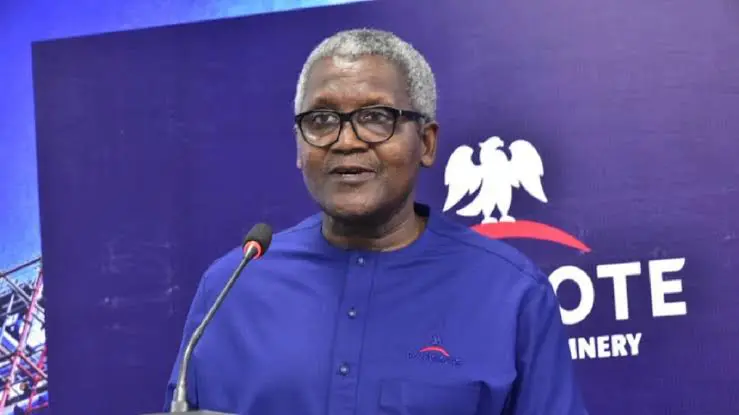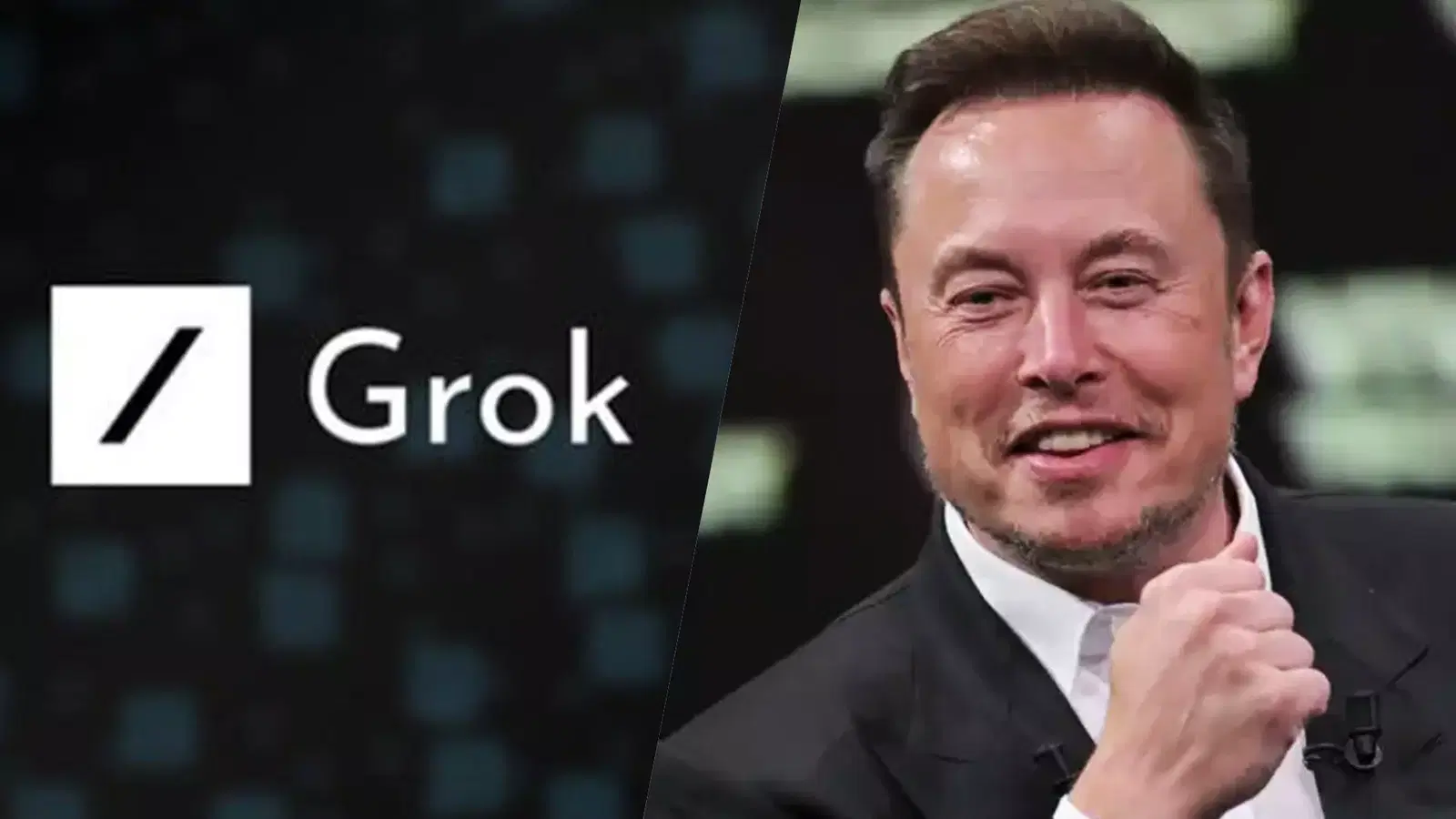The Director General of the National Information Technology Development Agency, Kachifu Abdullahi, has projected that Nigeria’s cybersecurity market will reach $345.43 million by 2029, according to a report by Mordor Intelligence.
Abdullahi made this disclosure during a joint press conference held in Abuja on Monday, organized by NITDA, the Office of the National Security Adviser, and QNA.
The press conference also served to unveil the maiden National Cybersecurity Conference 2025, scheduled for June 7 to 10, with the theme “Building a Resilient Digital Future.”
Abdullahi stated that Nigeria’s digital economy experienced rapid growth, valued at $207.80 million in 2024, and is expected to expand to $345.43 million by 2029.
He said, “The country’s digital economy has seen rapid growth, contributing 17.68 per cent to our GDP in 2024, overtaking the oil and gas sector.
“With 5G networks expanding to more cities and broadband reaching over 134 million users (a 44.4 per cent penetration rate), Nigeria has become Africa’s top hub for start-ups.
“According to Mordor Intelligence’s report, this digital growth has also boosted Nigeria’s cybersecurity market, valued at $207.80 million in 2024 and expected to grow to $345.43 million by 2029, with faster growth projected to reach 14.6 per cent annually.”
Abdullahi emphasized that the government is making significant investments to foster a digitally secure environment through initiatives like the 3 Million Tech Talents program, which aims to train three million tech professionals by 2027, equipping Nigeria’s youth for global opportunities in technology, including cybersecurity.
He added, “These efforts are already creating results. Nucamp’s February 2025 report predicts that by 2025, Nigeria’s cybersecurity sector is expected to create 20 per cent more job opportunities, with entry-level salaries ranging from N4 million to N6 million annually.”
In his remarks, Coordinator, NCSC 2025, Mr. Ahmad Abubakar, said, “As we continue to embrace digital transformation across all sectors of our economy, it is crucial that we also strengthen the security and resilience of our digital infrastructure. Cyber threats are evolving rapidly, and their potential impact on national security, economic stability, and public trust cannot be overstated.”
Meanwhile, the Managing Director of QNA, Ankit Shukla, described the National Cybersecurity Conference 2025 as a key platform for global technology leaders, investors, and policymakers to connect with the region’s fast-growing digital economy, with QNA serving as a strategic partner.
“This is Nigeria’s moment to lead and secure region’s digital transformation,” he added.
The President of the Cybersecurity Experts Association of Nigeria, Ade Shoyinka, represented by Hanniel Jafar, said the conference is a positive development that will help address many of the cybersecurity challenges facing the country.










